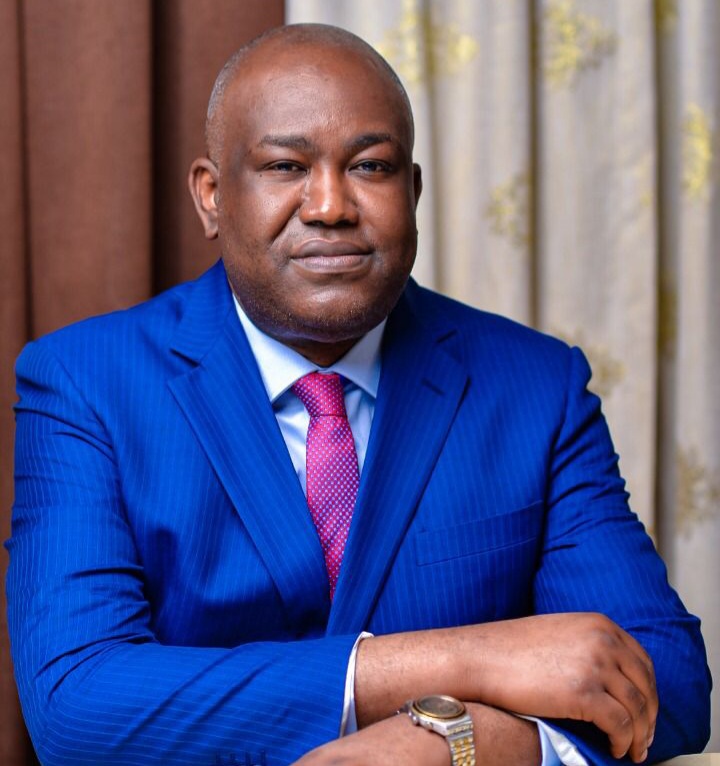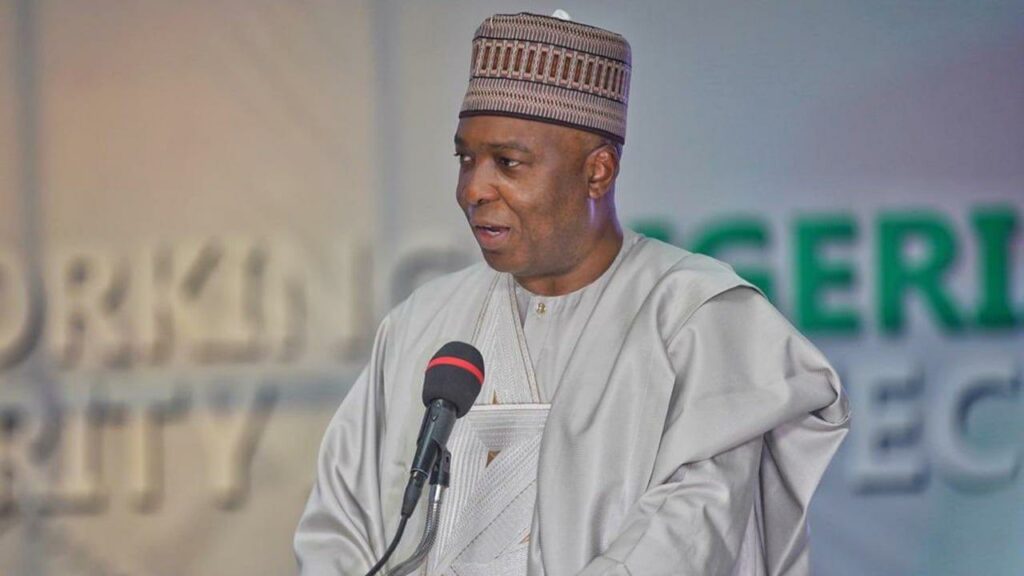In Kenya’s arid northern region, the Kakuma refugee camp—home to over 300,000 people fleeing conflicts in South Sudan, Somalia, and the Democratic Republic of Congo—faces a deepening hunger crisis as U.S. aid cuts cripple humanitarian operations. Empty warehouses at the World Food Program (WFP) storage facilities underscore the severity of the situation, with supplies dwindling to just 25% of capacity. A handful of lentil sacks from the United States, delivered months ago, now stand among the final reserves for the camp’s population.
The U.S., historically WFP’s largest donor, halted contributions in February as part of broader cuts initiated under the Trump administration, including the closure of USAID programs. No new food shipments have arrived since, leaving aid workers with impossible choices. By August, the agency warned, more than one-third of Kakuma’s refugees will receive no rations at all. Others will face reduced portions, exacerbating malnutrition rates already heightened by the camp’s harsh, drought-prone environment.
Regina Ngole, a mother of seven who escaped South Sudan’s civil war, illustrates the human toll. On a recent day, her family’s food supply consisted solely of wild leaves she foraged. The rice, oil, and lentils provided by WFP for June and July ran out weeks ago. Her two-year-old daughter, hospitalized repeatedly for severe malnutrition, relies on intermittent check-ups by community health workers. While the child’s condition has stabilized, Ngole fears the gains are fragile. “Without food, how can she stay strong?” she asks.
Though some refugees operate small businesses or find informal work, most depend entirely on aid. Kakuma’s remote location limits local food production, making consistent international support essential. The funding shortfall has ripple effects: schools report increased dropout rates as children search for income, and health clinics brace for surges in malnutrition-related admissions.
WFP officials stress that without immediate donor intervention, the situation will deteriorate further. The lentils stockpiled in Kakuma’s warehouses—once a symbol of global solidarity—now serve as a stark reminder of the precariousness of aid-dependent communities. As resourcefulness battles desperation, the world’s attention drifts elsewhere, leaving families like Ngole’s in a limbo of unanswered questions and vanishing safety nets.



![omotola jalade: genevieve feud never existed, fans to blame 'We don't need to be best friends' - Omotola speaks on alleged feud with Genevieve [VIDEO]](https://mediatalkafrica.com/wp-content/uploads/2026/02/xOmotola-Jalade-Genevieve-Feud-Never-Existed-Fans-to-Blame-1024x614.jpg.pagespeed.ic.zeCHer5yVF.jpg)